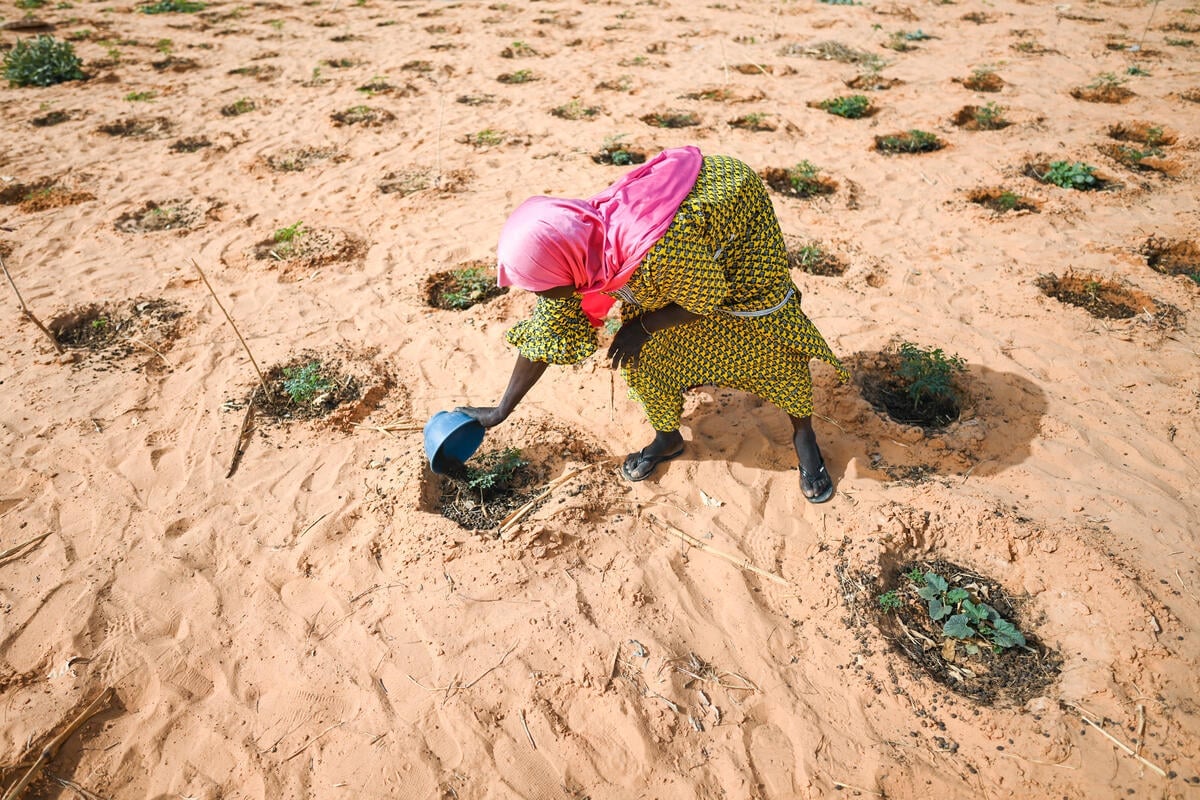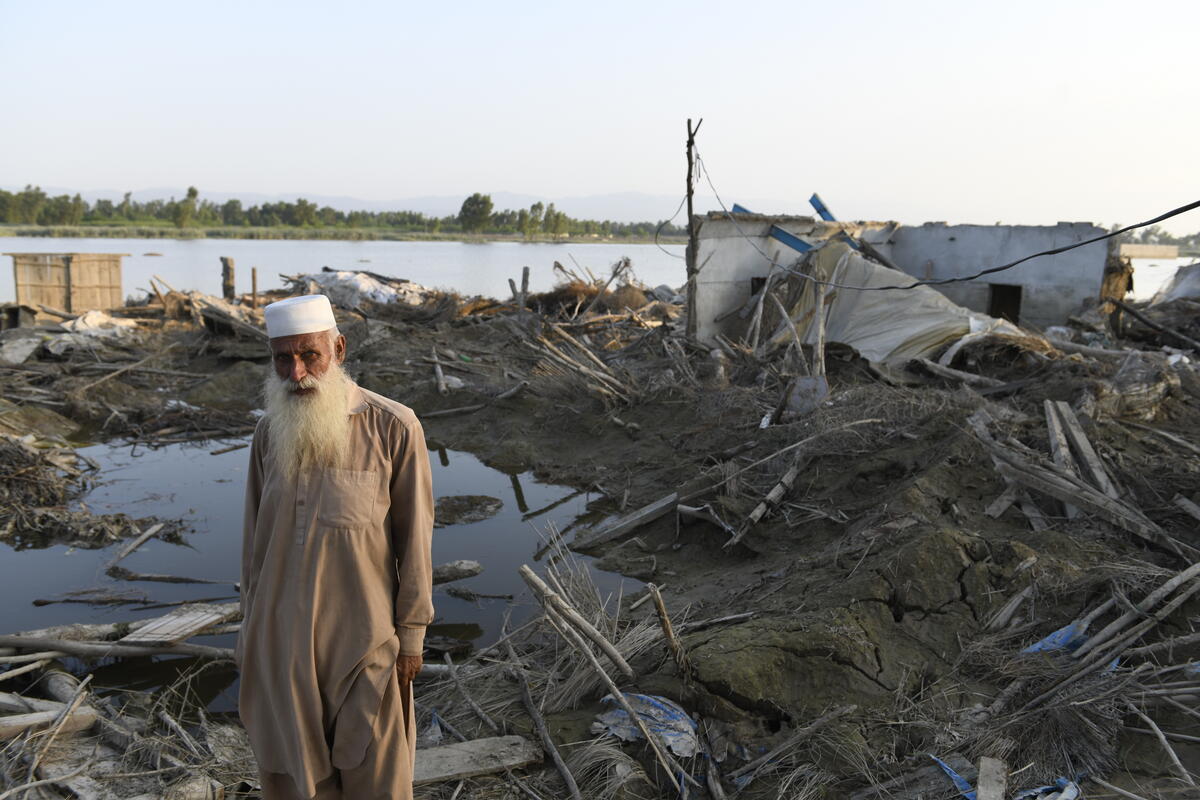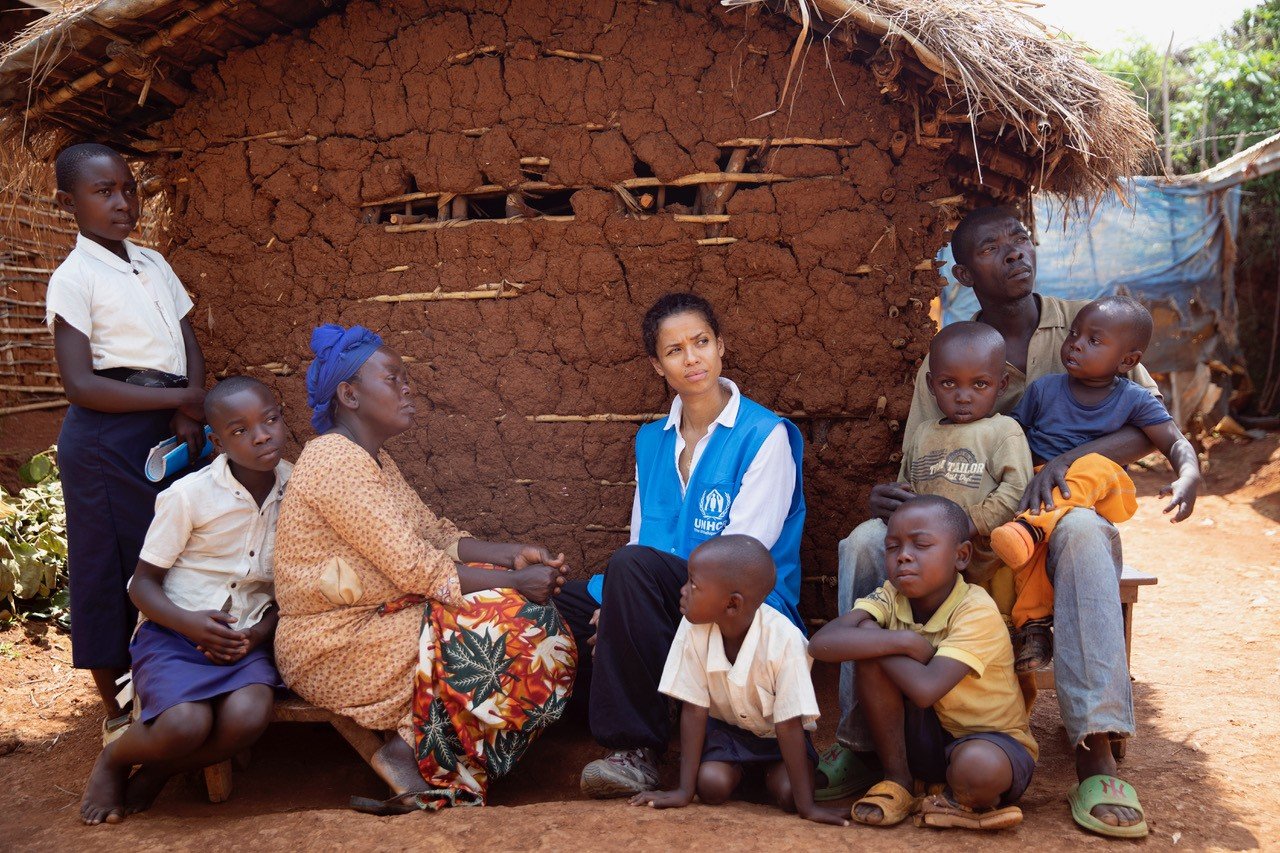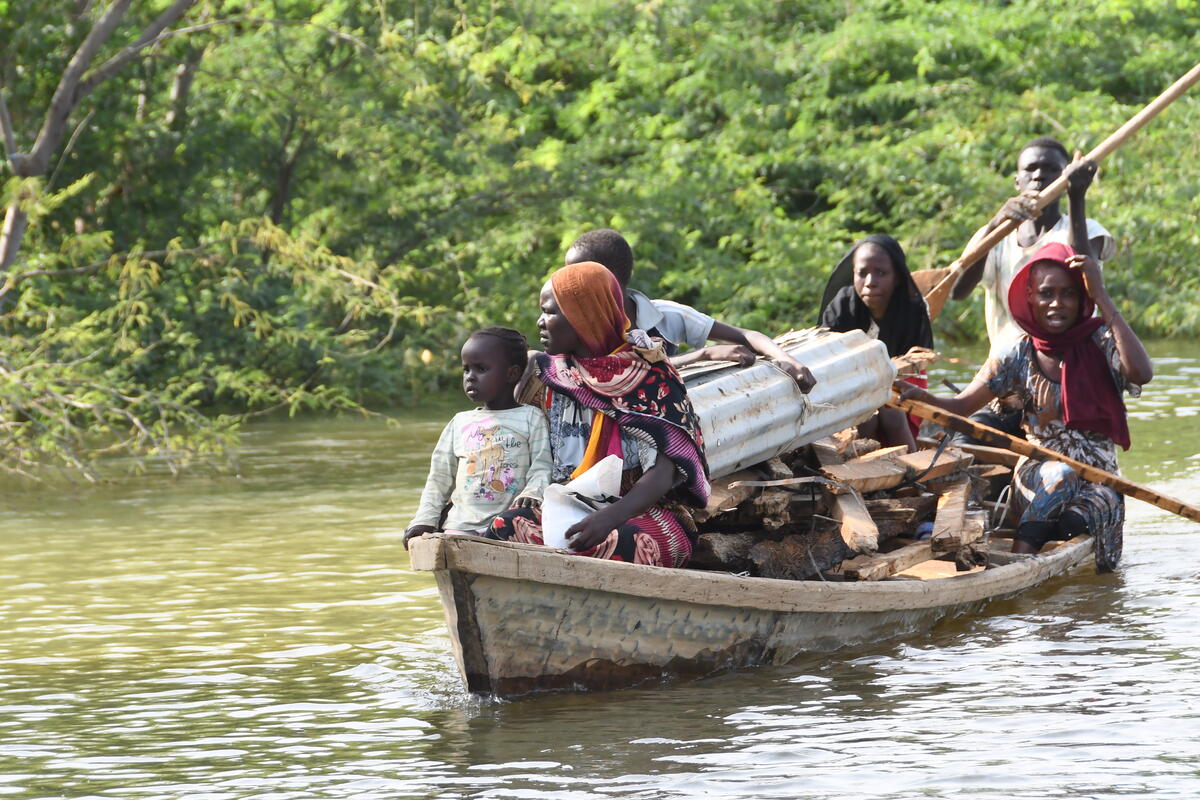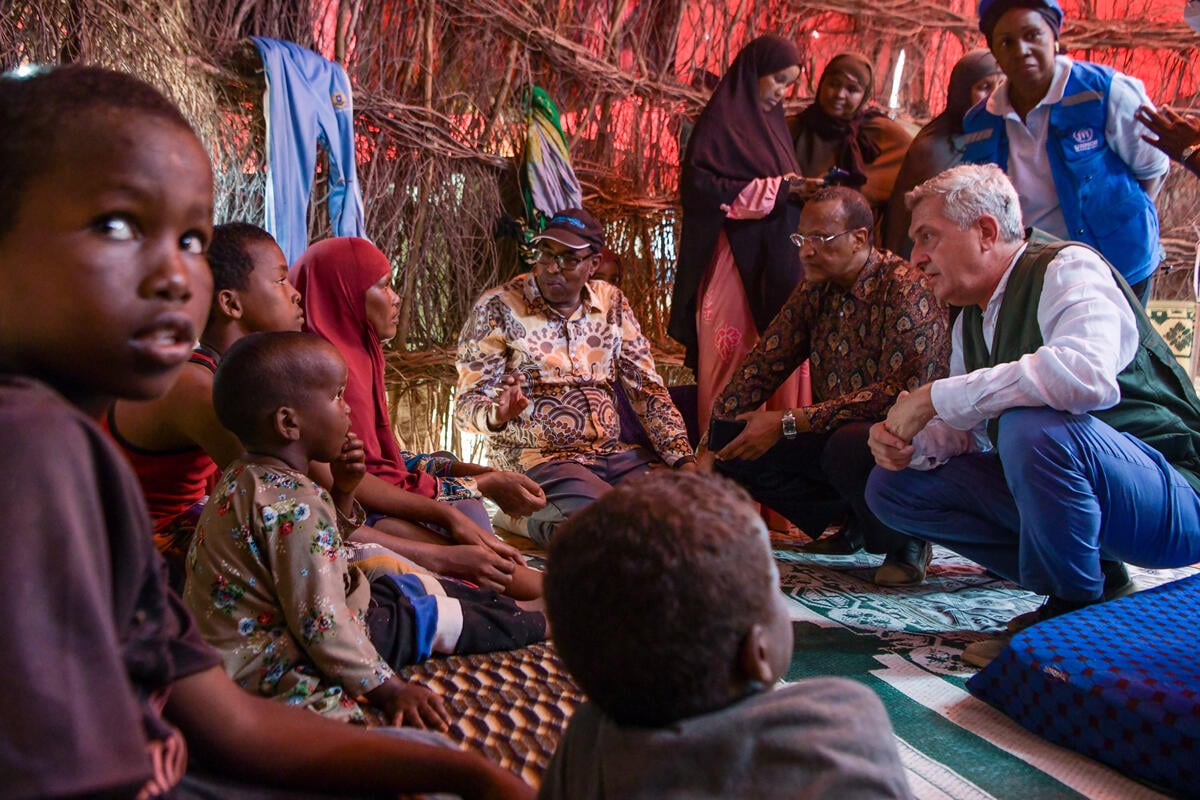More efforts needed to address the root causes of forced displacement
More efforts needed to address the root causes of forced displacement
The United Nations High Commissioner for Refugees, Filippo Grandi, participated yesterday in the First Italy-Africa Ministerial Conference, organised in Rome by the Italian Ministry of Foreign Affairs and International Cooperation, in conjunction with the Institute for International Political Studies (ISPI).
Addressing over 50 ministers from African countries, their Permanent Representatives to the United Nations in New York and the top representatives of around 15 United Nations organisations, the High Commissioner reiterated that the three biggest drivers forcing people to abandon their homes and flee for safety are conflict, violence and persecution. Poverty and climate change often add to these factors. Refugees and internally displaced people represent today a massive humanitarian emergency. More efforts and resources are needed to address the root causes. Such resources must be more substantial than in the past and dedicated to a new more sustainable assistance model aimed at developing education and livelihoods programmes as well as at the stabilisation and support of countries of first asylum.
The High Commissioner welcomed the Italian non-paper “Migration Compact: Contribution to an EU strategy for external action on migration”, which focuses on exploring ways to address the EU’s current challenges around asylum and migration.
“The Italian proposal is positive as it aims at building bridges, not walls, and resonates well with many priorities that UNHCR has been long advocating for,” Grandi said.
African countries are bearing the burden of mass displacement and should not be left alone. They must be supported in developing the capacity to effectively address refugee and migration flows and establish proper asylum systems. However, finding sustainable solutions, including resettlement and other regular pathways to safety, should be a responsibility shared by all States.
UNHCR is ready to continue its work with the EU exploring new financial instruments that support the development of a stronger and broader cooperation between the EU and third countries.
The High Commissioner acknowledges the related concerns about Libya, a country in transition and in need of stabilisation. UNHCR is ready to support the Libyan authorities to manage the refugee population in the country if security conditions allow.
The High Commissioner said that proposals for reinforced return and readmission measures to third countries, included in the “non-paper”, need to be consistent with the principle of non-refoulement. Where a person seeks international protection, she or he needs to have access to a fair and efficient examination of his or her claim and, if recognised, to receive international protection in line with international standards.
Participation in the Ministerial Conference comes at the end of a two-day visit to Italy during which the High Commissioner met Italian government officials: the Italian Prime Minister Matteo Renzi, the Minister of Interior Angelino Alfano and the Minister of Justice Andrea Orlando. In addition, he was heard by the Human Rights Commission of the Senate and visited the Italian Maritime Rescue Coordination Centre (IMRCC). Grandi praised the Italian Coastguard for their vital role in coordinating and effectively organising search and rescue efforts in the Mediterranean and successfully saving thousands of lives at sea.
Media contacts:
Rome, Carlotta Sami +39 335 679 4746




